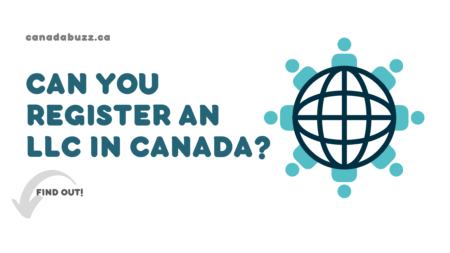A civic number is a number assigned to every house by the municipal government in each Canadian province and which forms part of your house address. It is also referred to as the 911 address.
In the event of an emergency, you want to make sure that police, firefighters, or ambulance attendants can find your house quickly and easily. To help them do this, the government has assigned every building in Canada a “Civic Number”.
Let’s talk more about what a civic number is, why it’s essential, and how you can find yours. Let’s get started!
What is a Civic Number?
In Canada, every household, building, and workplace is designated with a civic address. The civic number is part of this address and is often referred to as the “911” address. This will be the number attached to your address that you give the 9-1-1 operator if you are ever in a state of emergency.
Example of a Civic Number
For example, your Civic Address may be “46589 Elm Street, Windsor, Ontario”. In such a case, your Civic Number would be “46589”.
In most cases, your civic number will also be part of your mailing address, though this is not always the case.
How many digits in your civic number can vary depending on the size of the province in which you live, as well as the size of your property and community.
Civic Number Rules and Regulations
As mentioned already, every property in Canada is designated with a Civic Number by the government. This means that all residential, commercial, institutional, and industrial buildings have their own Civic address and Civic number.
Every building’s civic number must be displayed so that it is clearly visible from the roadway. You should never assign your building a civic number on your own, as emergency personnel will not be able to find your property if given the wrong number.
What if I don’t know my Civic Address?
There are several different ways that you can go about finding your Civic Number. If your property does not already have a number displayed, you can call your local municipality office to find out.
Alternatively, all Emergency Measures Organizations have maps and directories with Civic numbers attached. You can contact your provincial organization and ask them for assistance in finding your number.
If you have the paperwork for your home available, you can also check those for your Civic Number. These numbers are often found on home-ownership papers, title deeds, mortgage paperwork, and other purchasing documents.
How do I get a new Civic Address?
If you are constructing a new building, you will need to obtain a Civic Address. To do so, you must fill out a Civic Address Request Form which you can find at your local municipality office.
Forms may differ depending on your location but will generally request information such as the reason for the request, the type of property the request is being submitted for, your personal information, and information about the property itself.
Note that you must request a Civic address for any new building. You do not need a civic address for a property without a building, in that case, it’s optional. If you spend a lot of time on the property, it may be a good idea to obtain a civic address for it in case of an emergency.













1 thought on “What is a Civic Number in Canada?”
I would like to find out what is the civic number of my address 615-2** Jarvis St Toronto?
Also, what is the difference between the civic number and civic code?